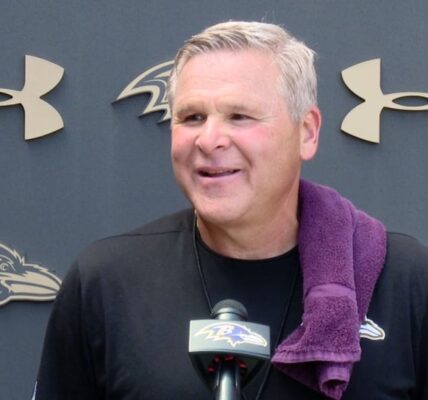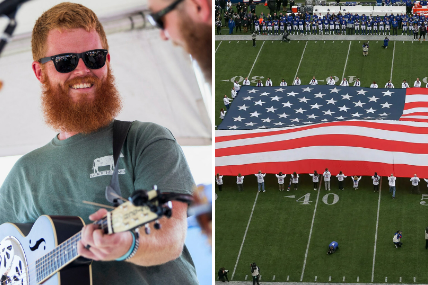In what could spell disaster for Democrats, a new Emerson College/The Hill poll has dropped a bombshell in Wisconsin—one of the most crucial swing states in the upcoming election. The latest numbers are in, and they’re not looking good for Vice President Kamala Harris.
The poll revealed that former President Donald Trump has edged ahead with 50% of the vote, while Harris lags just behind at 49%. While a 1% difference might not seem earth-shattering, it’s the trend that’s causing alarm bells to ring in Democrat circles.

Before the Democratic National Convention (DNC), Harris was leading Trump by 1% in the same poll. This means she’s seen a 2% drop, flipping the state in Trump’s favor. For a state as fiercely contested as Wisconsin, even the slightest shift can have massive implications.
The numbers are particularly worrisome given Emerson College’s polling history. Back in 2020, their final poll had Joe Biden ahead by a comfortable 8% margin. However, the actual results showed a much tighter race, with the poll overstating Biden’s lead by a staggering 7.4%. If the current poll follows a similar pattern, the Democrats could be in for a rude awakening come election day.
Wisconsin is known for its razor-thin margins, and a shift like this could be the deciding factor. Harris’s team will need to act fast to reverse this downward trend if they hope to secure a victory in a state that’s been pivotal in recent elections.

In the early 20th century, the state was a Republican stronghold, consistently supporting GOP candidates. However, in 1924, Wisconsin made a notable exception by voting for Robert M. La Follette, Sr., who ran as a Progressive Party candidate. During the New Deal era, Wisconsin shifted its allegiance to the Democrat Party, backing Franklin D. Roosevelt in all four of his elections and continuing its Democrat support with Harry Truman in 1948. The 1950s saw a return to Republican dominance with Dwight D. Eisenhower’s victories and Richard Nixon’s close win in 1960.
The state briefly supported Democrat Lyndon B. Johnson in 1964 during his landslide victory but then reverted to Republican candidates from 1968 through 1984, including the elections of Nixon, Gerald Ford, and Ronald Reagan. In 1988, Wisconsin backed George H. W. Bush, but the state shifted once again in the 1990s, voting Democrat in the elections of Bill Clinton and Al Gore. The 21st century saw Wisconsin continue to lean Democrat, supporting John Kerry in 2004 and Barack Obama in 2008 and 2012. However, in a surprising turn, Wisconsin swung back to the Republican column in 2016 by voting for Donald Trump, signaling its status as a key battleground state in modern elections.
In a full-throttle sprint to Election Day, former President Trump has been zeroing in on the Midwest, with scheduled stops in Michigan and Wisconsin this Thursday. Trump is intensifying his efforts in key battleground states as the race heats up with the onset of Labor Day, traditionally marking the ramp-up of fall campaigning.
On the flip side, Vice President Kamala Harris and her running mate, Minnesota Governor Tim Walz, are gearing up for a significant media moment. The pair is slated for their first major TV interview on Thursday while touring southeast Georgia by bus. In the race to snag the Oval Office, all eyes are on a handful of states that could tip the scales. These include Arizona, Georgia, Michigan, Nevada, North Carolina, Pennsylvania, and Wisconsin — collectively, these critical battlegrounds make up just 18.3% of the U.S. population but hold the keys to victory with their crucial electoral votes.





